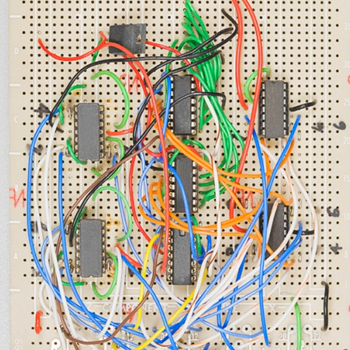Question #3ecb0
1 Answer
We can prove this using mathematical induction.
The answer got too lengthy and there will be some improvement.
Explanation:
[Part 1] Base case(
To show that the recurrence is true for
Thus,
[Part 2]
What we need to do is to find a recurrence for
This part is long, so I posted it in another article.
https://socratic.org/questions/what-is-the-recurrence-formula-for-k-n-k-n-is-the-number-of-strings-a-1-a-2-a-n-
The result is
[Part3] Then we are going to find the recurrence of
Again, I posted it in another article.
https://socratic.org/questions/what-is-the-recurrence-formula-for-l-n-l-n-is-the-number-of-strings-a-1-a-2-a-n--2
The result is
[Part 4] This is the main section of mathematical induction. (
Suppose that
Using the recurrences in Part 2 and Part 3:
We reached
[Part 1] and [Part 4] ensure that the proof is completed.

